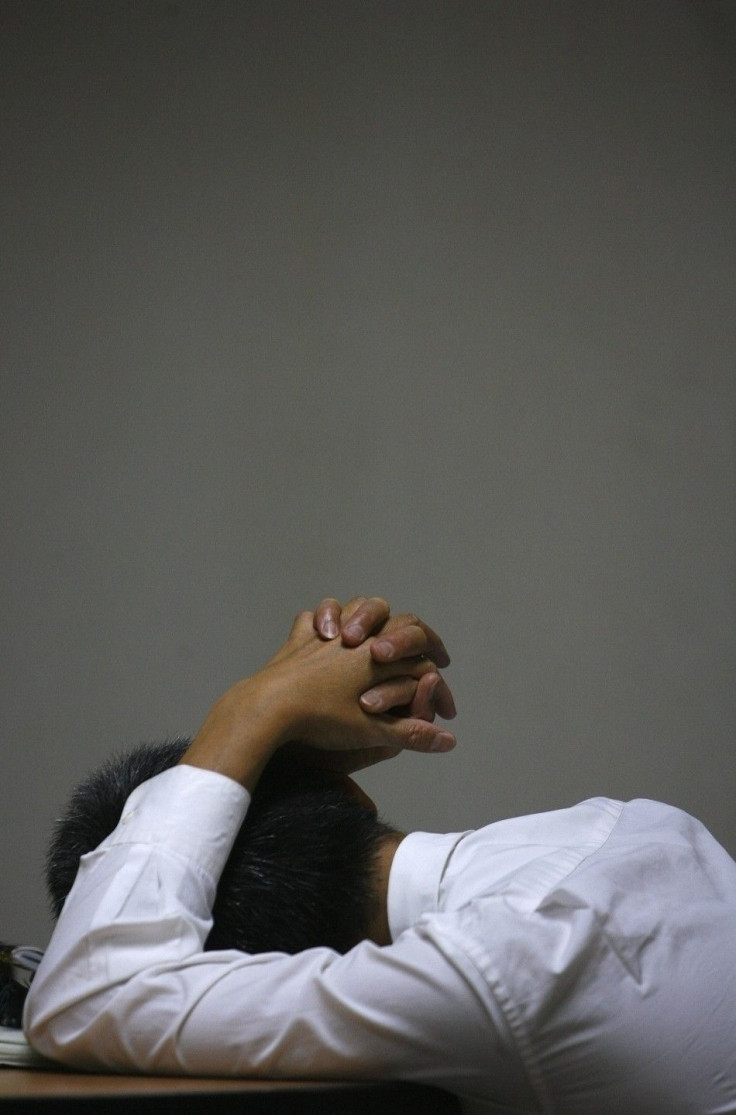Studies Suggest Too Much Sleep Is Unhealthy

Too little or too much sleep may damage your heart.
Adults who sleep fewer than six hours each night on average put themselves at risk for congestive heart failure and heart attacks, according to a new study presented Sunday at the annual American College of Cardiology meeting.
Surprisingly, too much sleep can be unhealthy as well. Adults who sleep more than eight hours on average a night are at greater risk for chest pain and coronary artery disease, a narrowing of the blood vessels.
Need other incentives to wake up? Other studies linked oversleeping to obesity, heart disease and a host of other medical problems.
People who sleep more than nine hours are more likely to be obese, according to a study by the Centers for Disease Control and Prevention. CDC researchers surveyed 87,000 people and found that 26 percent of people who slept nine hours or more per night were obese. Twenty two percent of participants in the surveyed group were defined as obese. However, too little sleep appeared to be more dangerous. People who slept less than six hours were 33 percent more likely to obese.
We're getting to the point that they may start recommending getting enough sleep as a standard approach to weight loss and the prevention of obesity, James Gangwisch, sleep researcher at Columbia University, who was not involved in the study, told the Associated Press.
Nine hours appears to be the threshold beyond which sleep may become harmful. Sleeping longer than nine hours is linked to a 50 percent greater risk of diabetes and a 38 percent great risk of heart disease.
Researchers aren't sure why oversleeping puts people at risk of adverse health effects but stress that oversleeping is linked to depression and low socioeconomic status, according to WebMD. People of a lower socioeconomic status often have less access to healthcare and may have underlying conditions that cause oversleeping.
Researchers generally recognize that too little sleep can be unhealth health, but some dispute that is the existence of too much sleep.
Currently, there is no strong evidence that sleeping too much has detrimental health consequences, or even evidence that our bodies will allow us to sleep much beyond what is required, Kristen L. Knutson, a sleep researcher at the University of Chicago, wrote on the National Sleep Foundation website.
The National Sleep Foundation recommends adults sleep seven to nine hours every night, but some researchers say it's a mistake to link time and sleep together.
Oftentimes, we only think of sleep in terms of minutes -- but that's really the quantity of sleep. In fact, there's a quality of sleep, Dr. Michael Breus, author of the book Beauty Sleep, told CNN. If you have sleep apnea and you stop breathing through the night, you might feel really tired in the morning even though you've gotten eight hours. Those eight hours were horrible, light, crappy sleep.
It's more important to focus on how well you sleep and how restful you are, Breus said.
If you find you're sleeping a lot -- like more than nine hours on a regular basis, you need to talk to your physician, because that probably means you got poor quality sleep and that could be sleep apnea, narcolepsy or restless legs form of sleep disorder, he told CNN.
© Copyright IBTimes 2024. All rights reserved.











